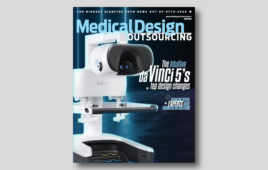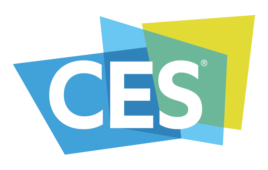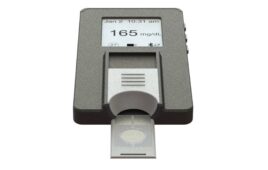Delivering small doses of glucagon through an automated continuous glucose monitoring system can substantially reduce hypoglycemia (low blood glucose levels) in patients with Type 1 diabetes, especially at night, according to a study presented at the American Diabetes Association’s 76th Scientific Sessions in New Orleans.
Glucagon is a hormone produced by the pancreas that raises blood glucose and works together with insulin, which has the opposite effect, to tightly regulate blood glucose concentrations. Both glucagon and insulin production are impaired in people with Type 1 diabetes.
The double-blind, randomized, placebo-controlled crossover study included 22 patients with Type 1 diabetes who used an insulin pump or multiple daily injections of insulin and who had reduced hypoglycemia awareness. For the duration of the study, all participants wore an experimental device that used a continuous glucose monitor to read their blood glucose levels and a pump to deliver small doses of glucagon in response to those levels.
Participants were randomized to receive glucagon or placebo on alternate days, and patients had no knowledge of which treatment they received each day.
Low blood glucose was defined as levels lower than 60 mg/dl. On glucagon vs. placebo days, total exposure time to low blood glucose was reduced by 75 percent (851±748 vs. 3,414±2,242 mg/dl·min, p<0.0001) and at night by 91 percent (117±204 vs. 1,309±1,476 mg/dl·min, p<0.0001).
There were also half as many symptomatic low-blood episodes on glucagon days vs. placebo days (0.6±0.4 vs. 1.2±0.8 incidents per day; p<0.0001), however, there was no difference in mean glucose levels (153±28 vs. 152±27 mg/dl, p=0.60). Side effects, such as self-reported nausea, were similar during glucagon and placebo days.
“Our study found that using automatic glucagon delivery reduced hypoglycemia by 75 percent during the day and 91 percent at night,” lead investigator Courtney Balliro, RN, BS, CDE, clinical research nurse at the MGH Diabetes Research Center, Boston, MA, said. “We expected the device to prevent low blood sugar, however, we were pleasantly surprised by its efficacy. This device has the potential to simplify the lives of people with any disorder that causes low blood glucose levels by providing automatic treatment.”
Low blood glucose levels can be particularly problematic at night, when patients are less likely to detect the symptoms, so episodes of low blood glucose may be prolonged. In addition, because hypoglycemia can cause mental confusion, patients must be aware and act quickly enough to treat it. If left untreated, hypoglycemia can also lead to seizures and other complications.




